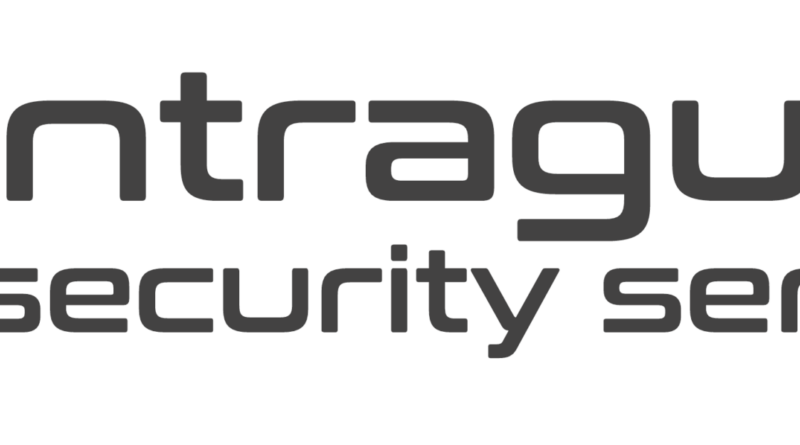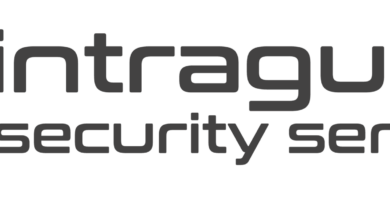How Event Security Professionals Ensure the Safety of Your Venue
When hosting any type of event, whether it’s a large concert, corporate gathering, wedding, or sports event, one of the top priorities should be ensuring the safety and security of your guests, staff, and assets. event security professionals play a critical role in this, providing peace of mind and ensuring that everything runs smoothly. Their expertise and careful planning help to prevent incidents, manage emergencies, and guarantee the safety of everyone involved.
Event security professionals are highly trained individuals who specialize in safeguarding venues, managing crowds, and responding to emergencies. They work in close collaboration with the venue’s management and local authorities to devise tailored security plans that address potential risks and threats specific to the event. Let’s take a deeper look at how event security professionals ensure the safety of your venue.
1. Pre-Event Risk Assessment and Planning
Before the event even begins, event security professionals conduct comprehensive risk assessments to identify potential threats and vulnerabilities. They assess the venue’s layout, expected crowd size, and the type of event being held. For instance, a high-profile political event might require different security measures than a community festival or corporate conference.
Event security experts will work with venue managers to ensure that the entry points are secure, emergency evacuation routes are in place, and the venue’s security systems are tested. They also take into account factors such as weather conditions, parking arrangements, and the possible presence of protesters or disruptive individuals. This proactive approach helps to mitigate potential risks and ensures that the event goes off without a hitch.
2. Crowd Management
One of the key responsibilities of event security professionals is crowd control. Managing large groups of people requires expertise in crowd psychology, communication, and logistical planning. Security professionals are trained to handle different types of crowds—whether they are highly energetic, peaceful, or potentially confrontational. They understand how to direct foot traffic, prevent crowd bottlenecks, and create a safe and organized environment.
At entrances and exits, security professionals check tickets, confirm identities, and ensure no prohibited items are brought inside. Additionally, they monitor crowd behavior throughout the event, identifying early warning signs of trouble and intervening before things escalate.
Proper crowd management is not only about preventing violence or unruly behavior but also about ensuring that people can easily access important areas, such as bathrooms, medical stations, and emergency exits.
3. Surveillance and Monitoring
Event security professionals use a combination of surveillance technologies and manual monitoring to keep a close eye on the venue. Closed-circuit television (CCTV) cameras are installed in strategic locations to provide a real-time view of the event space. Security personnel monitor these systems to identify any suspicious activity or unusual behavior.
In addition to CCTV, security teams often employ drones or handheld devices to survey hard-to-reach areas and provide an overall view of the crowd. These advanced technologies allow security professionals to act quickly if they notice anything concerning, such as someone trying to bypass security, unauthorized individuals entering restricted areas, or potential safety hazards.
4. On-Site Presence and Patrols
Security personnel are present throughout the event, with a visible presence that deters criminal activity and reassures attendees. Event security professionals patrol the venue regularly, ensuring that all areas are monitored and remain secure. They check access points, bathrooms, VIP areas, and loading docks to ensure no unauthorized individuals are trying to gain access to restricted sections.
Having a visible security presence also provides a sense of safety for event-goers. Guests are less likely to engage in disruptive behavior when they know that trained professionals are watching over them. Moreover, security staff can quickly identify any individuals who might be acting suspicious or out of the ordinary.
5. Emergency Response and First Aid
Despite all precautions, emergencies can still happen, and event security professionals are trained to respond swiftly and efficiently. Whether it’s a medical emergency, fire, power outage, or an active threat situation, security personnel are prepared to act immediately.
They are trained in first aid and CPR, and often have the resources and connections to provide life-saving assistance or coordinate with emergency medical personnel. In the event of a fire, for example, event security teams can implement evacuation procedures, direct people to safe exits, and ensure that fire alarms are functioning properly.
Security professionals also work closely with local authorities, such as the police and fire departments, to ensure a coordinated response in case of any large-scale emergencies. Their job is to keep the event attendees calm and guide them to safety, minimizing panic and confusion.
6. Communication and Coordination
A critical aspect of event security is communication. Security professionals use radios, smartphones, or other communication devices to stay in constant contact with each other and with the venue’s management. This allows for a swift response to any incidents that may occur. Coordinating with local law enforcement and emergency services ensures that the event can proceed without interruption, even in the face of unexpected incidents.
Effective communication is vital not just for managing incidents, but also for disseminating important information to attendees in the event of an emergency. Whether it’s an evacuation order or an alert about a specific threat, event security professionals are trained to deliver clear, concise instructions to keep people safe.
7. Post-Event Follow-Up
After the event concludes, event security professionals conduct post-event debriefings. They review any incidents that occurred during the event, assess the effectiveness of the security measures, and suggest improvements for future events. This helps to refine security protocols, making them more effective for future events.
In conclusion, event security professionals ensure the safety of your venue by combining proactive planning, advanced technologies, expert crowd management, and swift emergency response. Their role is essential in creating a safe, enjoyable environment for all involved. By working tirelessly behind the scenes, these professionals allow your event to proceed smoothly while safeguarding the well-being of your guests and staff.
Whether you are hosting a small gathering or a large-scale event, investing in professional event security services ensures that your venue remains secure and that your attendees can focus on enjoying the experience.
Intraguard is a leading company home security, providing services like manned guarding, CCTV monitoring, patrolling, and guard dog patrols to ensure the safety of your home.




